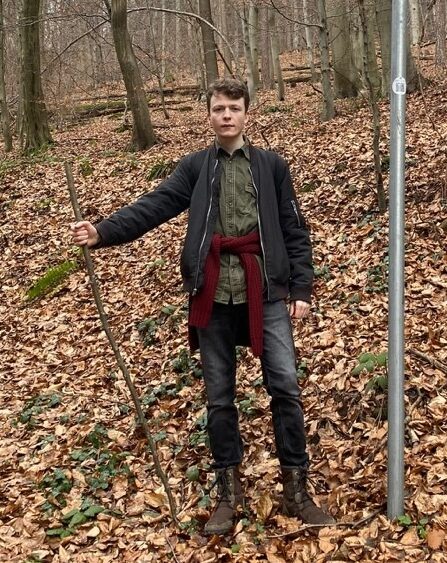Jérémie Marlhens
DC 1 - Cell-free RNA-based logic circuits
About your project
My DC project aims investigates cell-free RNA-based logic circuits. During my secondments I will modify logic gate for processing of
micro-RNAs used at TUE; and valuate combinatorial lncRNA biosensor for in-vitro diagnostics (Ulisse)
Main Supervisor: Prof. Heinz Koeppl (TUDa)
Co-Supervisor: Prof. Tom de Greef (TUE)
Supervisor: Prof. Tom de Greef (TUE)
Supervisor: Dr. Bruna Marini
About you
The problem that fascinates me the most is the inverse problem. It is concerned about inferring a system and its functioning from its behavior, and can be applied both to system identification or design. Well-known techniques have been developed to infer models from observations, design optimal systems, or control simple models of the cell. However, biological systems have properties such as high dimensionality, hidden dynamics and stochasticity, that make simple models often limited a cellular context.

New theoretical approaches that are in line with practice need to be developed for the future of this field. We can think in particular of approaches in machine learning, which can tackle this complexity, while keeping the interpretability of the models. On the experimental side, cell-free systems allow us to reduce the number of components interacting and study bigger volumes. This helps mitigating the stochasticity and eliminating many unwanted interactions. This PhD is the best opportunity I could have to derive simple principles to design combinatorial circuits. Cell-free systems will help us understand principles for synthetic biology to be further applied to engineer combinatorial circuits.

